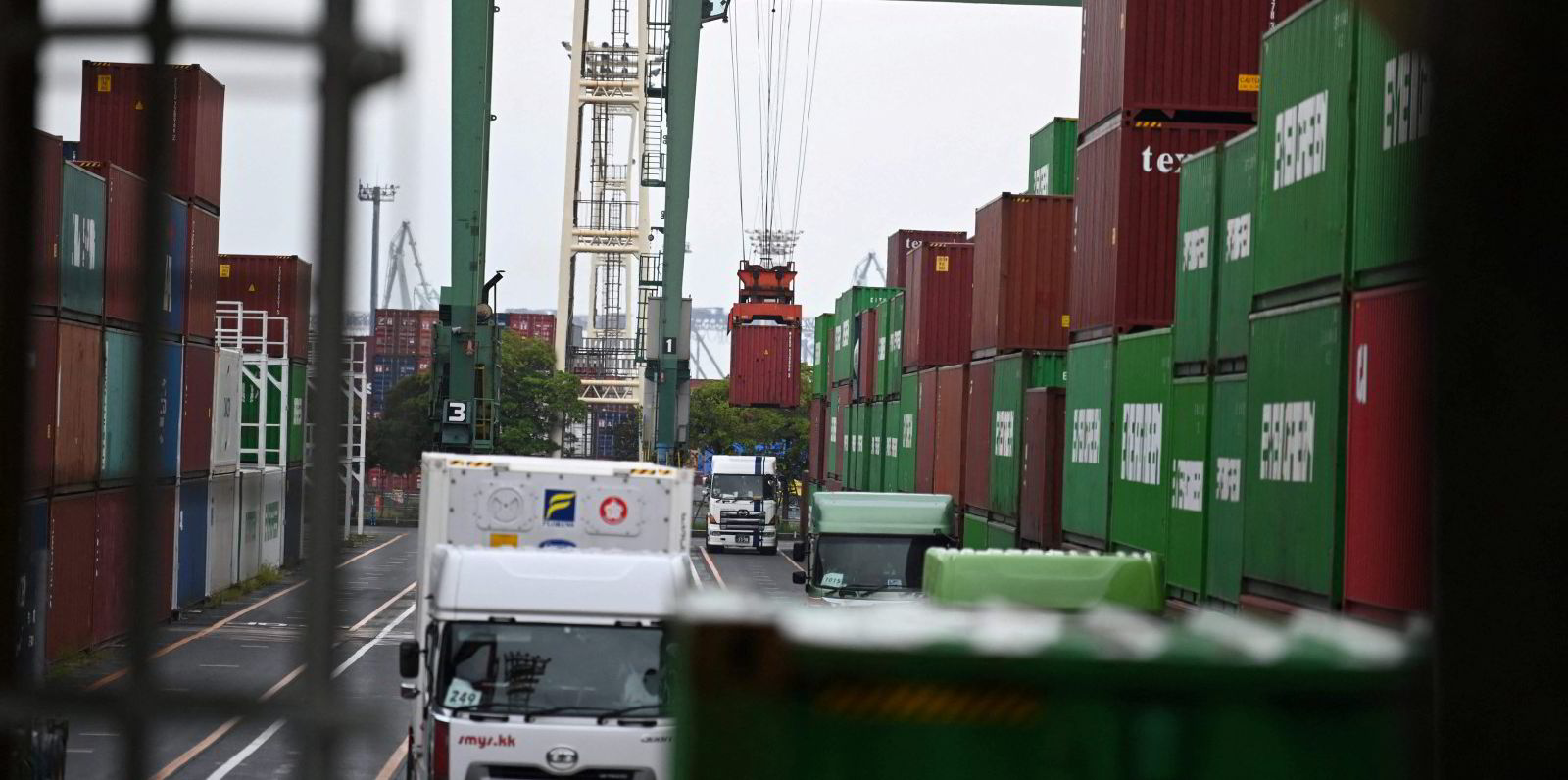Gone are the days when a non-vessel operating common carrier (NVOCC), or box operator, could buy available containers in any region. Today, it is not a piece of cake to find equipment or competitive prices, or to get space on vessels.
One of the major reasons for these issues is Covid-19, which we have been confronting since early 2020. Travel and transportation restrictions came into effect, leading sales and global trade to drop drastically.

Nowadays, container shortages have become a serious problem that not only affects the global shipping industry but also has a negative impact on manufacturers and traders.
But the main question still remains: where are the containers and why is no one able to access them easily?
If I analyse this situation from the perspective of an NVOCC and based on my practical experience, I understand that in most of the cases the containers are lying at ports and terminals and inland depots, leading to port and depot congestion. The same situation persists for all major transshipment hubs, such as Singapore, Jebel Ali, Hong Kong, Busan, Shanghai and Colombo.
Simultaneously, the majority of containers are also onboard vessels for long-haul voyages, especially from China and South East Asia to the US and Europe. Hence, the largest container shortage is in Asia, while Europe and the Mediterranean also face a deficit.
Due to these circumstances, vessels started omitting some ports, which is one of the common reasons for vessel delays. Even if containers are lying at port for loading onto vessels, they may not be able to be shifted on board, which leads to a rollover to the next sailing without any assurances, as vessels right now are not being operated according to fixed schedules.
This is also the reason why containers are being moved via one or two transshipment ports on an alternative route, which simply turns a short transit time into a longer one. On the other hand, whilst shipping lines were reducing the number of vessels, they were not able to collect empty containers at all.
Prices rise
Considering all these current factors and due to limited container access, manufacturers have driven up the prices of new containers, and the traders that sell secondhand containers have also hiked their prices.
This is a phenomenon not only in Asia and Europe but almost everywhere. Therefore, cargo-worthy containers that an NVOCC could easily buy in the $800 to $1,200 range before 2020, now come in the range of $2,200 to $2,800. Likewise, container leasing rates have also skyrocketed by 30% to 50%.
Shipping lines are also trying to secure their profit, which is affecting container shortages, particularly in Asian countries. Carriers prioritise long-haul shipments generally from China to North America and Europe, where they can make more profit, as compared to short-haul shipments within Asia. That is why there are no empty containers in some regions.
Vessel operators are announcing general rate increases for their carrier-owned containers and slots up to twice a month. On some routes, they even apply it on weekly sailings but still do not make any assurance that they will accept bookings and space on a regular basis, which causes the ultimate war of space among NVOCCs that are also compelled to buy the slots on dead freight basis but are still subject to container availability.
There is no need to stress the fact that this is one of the toughest times for those internationally engaged in the logistics industry. And nobody knows when this situation will return to smooth-running conditions, as some organisations said they anticipate that it may continue until the end of this year.
Nonetheless, we all have to survive and try to sustain our services — especially non-vessel operators and forwarders — by accepting and facing the current situations with realism. At this point, all we can do is to explain the current logistics problems and situations to our customers to get their understanding, and do our best by focusing on what we can control, rather than to look at something we are unable to control.
Rehan Khan is managing director of VMR Lines, a NVOCC based in Karachi.





